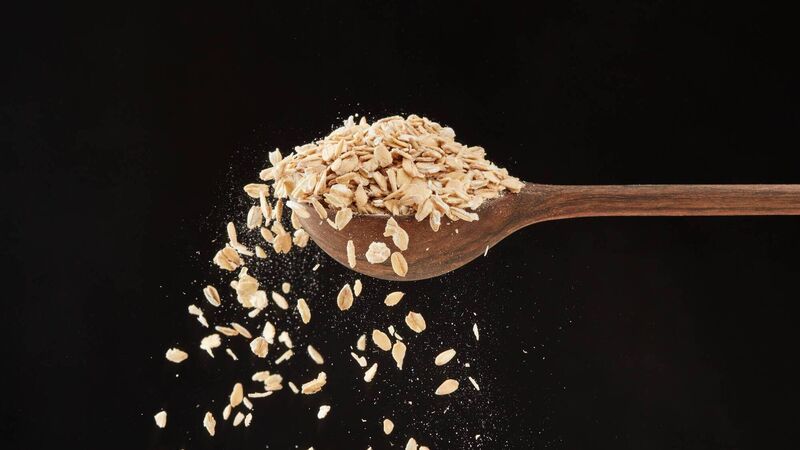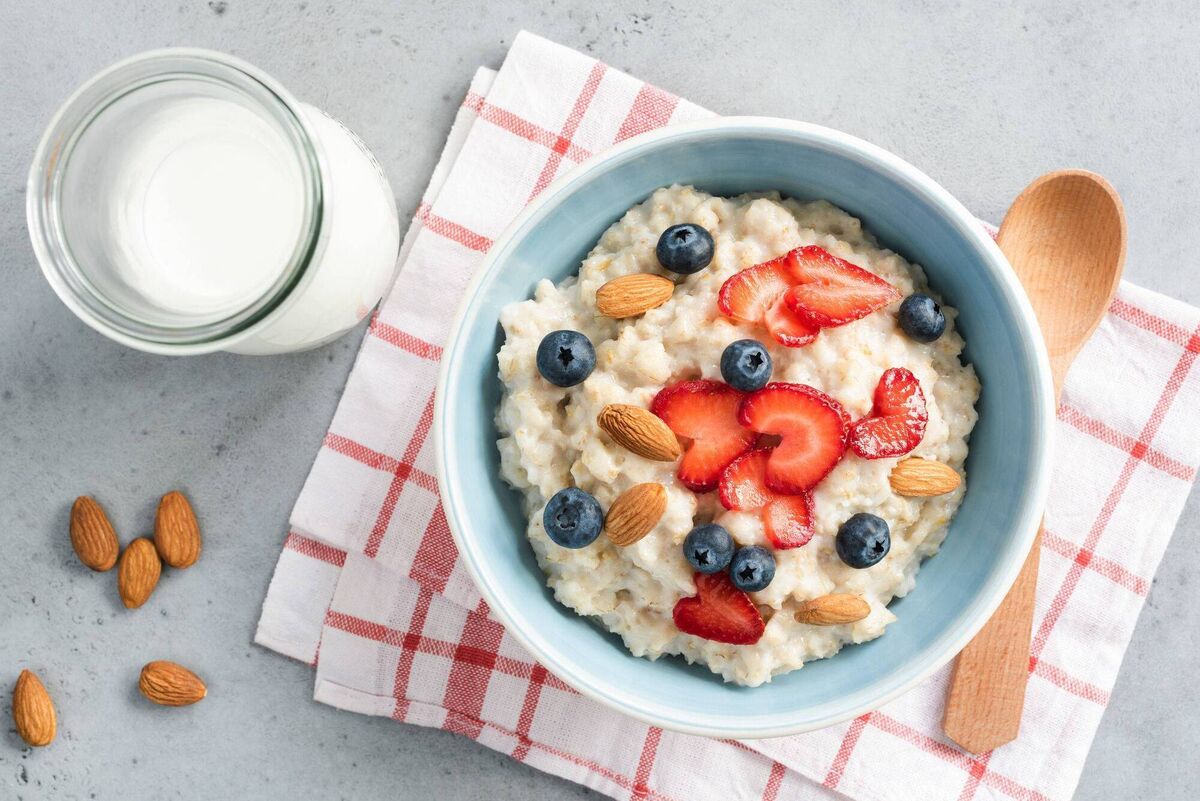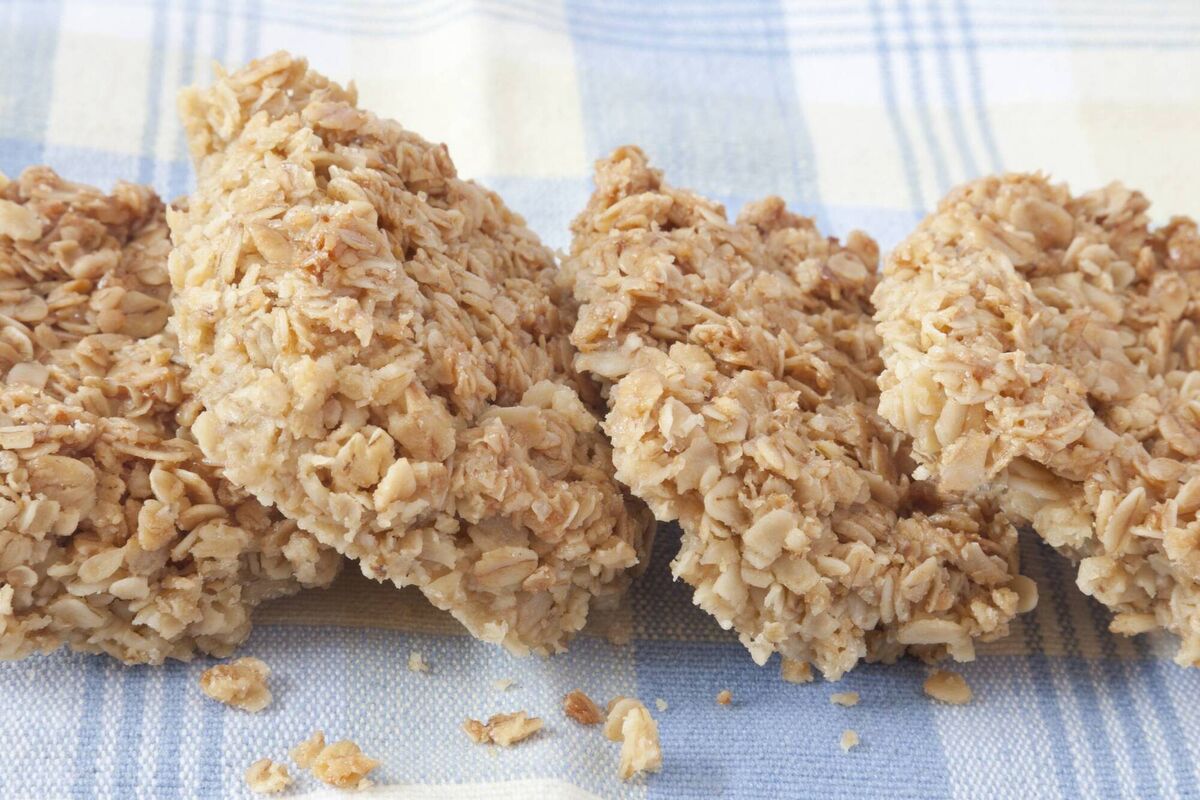Here's why oats are among the best foods we can eat for all-round health

Oats are a complex carb food with a low glycaemic index, meaning they offer this sustained energy

There is little doubt that adding oats to your diet will boost heart health. A Harvard University review showed that people who ate the most wholegrains were better able to avoid heart disease over the age of 16 and that a bowl of porridge daily was sufficient to cut heart deaths by about one fifth and a review of 58 studies in the British Journal of Nutrition found that consuming about 3.5g of oat beta glucan per day — the equivalent of a small bowl of plain porridge and three unsweetened oatcakes — reduced ‘bad’ LDL cholesterol levels. Meanwhile, researchers at the APC Microbiome Institute at University College Cork showed that oat beta-glucan also aids weight loss and boosts the health of the gut microbiome, both of which have a healthy effect on the heart.
Last year, researchers reviewed 10 published papers on oats for a study in the Journal of Nutrition that looked at the effects on blood sugar control. They found that eating thick rolled, or jumbo oats regularly led to significant reductions in blood sugar and insulin responses but that instant oats had no such effect. This is because it takes longer for your body to digest and absorb less-processed oats, says Marber. Rolled oats are better for blood sugar control than instant oats and you should always steer clear of so-called luxury porridges with chocolate and syrup added.











